++++++++++++++++++++++++++
I woke up thinking with my brain-mind-soul-self about an opposite condition – if it exists – to Narcissistic Personality Disorder.
Actually, I was wondering. I didn’t wonder for my first 18 years, either – so I actually think being able to wonder is a gift.
I keep seeing images from movies of situations (sci-fi) in space where ‘life support failure’ means the oxygen in the environment is going to run out. Who would last longer, a big person who needs to breathe a lot or a little person who needs to breathe less oxygen?
An infant-child is a captive of its early environment. It is contained in the space with its earliest caregivers and cannot escape or do anything, really, to improve what might be terrible conditions it is living in. If there is ‘limited life support’, which person is going to get the most and leave whom without, the parent or the child?
If a little person and a big person were both approaching a Black Hole, or if one just suddenly appeared in front of them some distance away, but both are within the gravitational pull-field of the Hole, who would get sucked in first and fastest, the big or the little one?
If a big person and a much smaller person were wandering lost, thirsty without water, and came upon a little clear pool, and were both kneeling on the moist soil at the edge of the pool, bending to take a drink, who would get to the water first and drink the most?
What if this pool is one meant for gaining a ‘narcissistic psychological’ view of one’s self? What if the big person shoved the little one away? If I imagine that there’s only enough room on the surface of the pool for only one to get a clear view of their own self reflection there, might only the big one get that clear reflective (mirroring) look?
Yes, in all of these conditions, I can imagine the big person being the hog while the little person does without. It is nice in environments free from scarcity and trauma when everyone can get what they need. Yet because I was raised by my Borderline mother, it isn’t hard for me at all to imagine my mother, as the big person, consuming everything she felt that she needed (certainly psychologically) while leaving her children with scraps.
It is much harder for me to imagine what these situations might be like if a mother would self-sacrifice her own self for the benefit of her child. Is this what nature would want to happen if push came to shove and only one of a ‘big person-little person’ pair (dyad) could survive? What would evolution say about survival then?
Would Nature determine that the big person mother take what she needed so she could survive and reproduce soon again if and when the environment became less malevolent rather than influencing survival in the direction of the little dependent one who still had so very far to go before it could reproduce?
++++
I don’t want these thoughts and wonderings to fade away as my dreams from last night certainly have already done that spawned these ponderings, yet all I can do is string out these words that seem connected to whatever it was I was processing while I slept and before I woke up this morning.
All I can guess is that my ‘topic’ might be related to mothers who see their own more complete self reflected only in the faces and in the lives and in the presence of their children long after this mother’s solid sense of self COULD have been formed within her under better circumstances from the time she was very, very young herself.
It’s too early in the day for my thinking to be able to get as complicated as it would need to be in order for me to follow my own train of thought past this point. I lose my own bread-crumb trail through the forest. All I know is that there are varying conditions where physical deprivation related to supplies of air, water and food can occur in families. I spoke with a woman in her 60s yesterday whose WWII PTSD alcoholic father consumed most of his income and often left his wife and children hungry during her childhood with no food in the house whatsoever. This woman built into herself an ongoing, continual concern for her own children that they (and herself) NEVER have a house empty of food. As this woman told me, “I always made sure there was baking powder, flour and beans in the house. Then I always knew I could make something for us to eat.”
But what if the scarcity is more invisible? What if the deprivation is primarily ‘psychological’ like it was in my childhood home? What if infant-children’s needs to have their little growing self reflected back to them so they can claim it for their own never happens because their parent is consumed with trying to find their own reflection?
Such a parent is psychologically starving to death in their own need to locate and claim their OWN fully formed self. They not only have little or nothing left over to offer their offspring personally because they are so depleted, they also steal away their children’s opportunities to use vital resources themselves.
++++
So, this leaves me thinking about ‘anti-narcissism’ as it might ‘psychologically’ exist like anti-matter. If the parents of these anti-matter children cannot help their own children to MATTER, what choice do the children have but to be in a deprivation-of-a-fully-formed-own-self into their adulthood? Offspring of incompletely-built-self parents were never given the chance to form their own self, either, and on down the generations the scarcity and deprivation-based patterns tumble.
I can’t think my way out far enough away from the Black Hole of the Personality Disorder spectrum to imagine under what conditions an anti-narcissism state of being does not exist in some way within every single one of the Personality Disorders.
As I ponder this morning about a state of ‘anti-narcissism’ I cannot imagine that there is any self-love involved in the process of having to perpetually search for the reflection of an unformed self. Particularly infants and very young children are SUPPOSED to search for the reflections of their own self being mirrored back to them from others in their beginning of their lives. What the little ones find mirrored back to them (or not) gets built particularly into the way their brain will operate for the rest of their lives (along with the brain’s connection to all aspects of their body, nervous and immune system).
To NOT have one’s self appropriately and adequately mirrored back leaves a person in a state of ‘unfinished business’ so that the search for self, through mirrored reflection from outside of the self, simply continues on and on and on and on…..
‘Anti-narcissism’ seems to be like a state of hanging around in life in limbo, like in a state of anti-gravity where a person can never completely come into their own body and live their own life from a position of FELT CERTAINTY that they exist as a whole-self person at all. Developmental neuroscientist, Dr. Daniel Siegel, addresses the ‘problems’ from one point of view: That a person’s self is always meant to be in a state of flexible, resilient adaptation.
But I believe the first steps of forming a strong, clear sense of self in relationship to others and to the world must be taken correctly for this adaptive, cohesive, coherent self to ever appear at all. If those first steps cannot be taken, if the new self cannot be reflected back to the ‘new one’ through a mirroring process that includes required information being sent to the ‘new one’ very early in its life, the adaptive whole self simply never takes form, and the searching continues for this whole self that lasts for a lifetime.
++++
If I am using people, situations and circumstances in my life to see my own partially-formed self reflected back to me, what happens to ME when these reflecting ‘surfaces’ change? If having a WHOLE self means that I am flexible, resilient and adaptive, and if I KNOW I don’t have one of these whole selves, then by definition I am at risk for suffering greatly if the external conditions of my life (that I am dependent upon to shine aspects of my self back to me) change.
Life is about change. In fact, to me, LIFE IS CHANGE. Being alive is a guarantee that change is constantly happening. My suffering happens when I cannot do what a whole self is designed to do – flexibly, resiliently and adaptively adjust to change.
Our capacity to control our ‘reflective surfaces’, be they people, situations or circumstances, is limited. Those of us who were deprived of the air, water and food we needed ‘psychologically’ to build our whole self in our earliest life, are left feeling disoriented and disorganized, if not overwhelmingly desperate when change leaves us in a void without the ‘reflective surfaces’ we need for our survival.
My guess is that one of the meanest consequences of growing up with ‘mentally ill’ if not truly abusive parents is that we are at extremely high risk for painful disequilibrium to take over our self and our life when life changes take away from us whatever ‘reflective surface’ we rely upon to recognize important parts of our own self. We are left like a flying kite with a severed string, a bobbing balloon untied and left to the whims of the wind. We are like an unanchored ship without a rudder tossed around in a raging storm far out at sea, or like a small or giant tree without roots that falls to the earth unable to stand.
One way or the other a human being needs to be tethered inside of their own self to their own whole self. Even in cultures where the definition of a self means the self is more closely formed in social relationship and less defined by autonomous action, a self that is not tethered will suffer from change that threatens its organization and orientation in a body in the world.
++++
The ongoing processes of life do not stop and wait for any individual to form a whole self. We are given our infant-childhoods for this job to be mostly completed. Some attachment experts call this whole self ‘the autonomous self’. Whatever words we use to culturally describe this whole self, it is the one that possesses what it needs to successfully adapt and adjust itself throughout the changes life brings.
Various self-states of being that exist along the narcissism /anti-narcissism spectrum simply reflect degrees of lack of wholeness that affect a person’s ability to flexibly, resiliently and adaptively adjust to change with a minimal reliance on outside ‘reflective-surfaces’ – or mirrors for the self.
I am one of the dependent searchers. My inner well-being state right now is completely dependent on where I live. I am dependent for my safety and security on this house I reside in, on my yard I can grow things in, on the small circle of people I know that care about me. Any thought of change to my circumstances right now completely threatens to destabilize me.
But I have a huge advantage over what my mother had. I KNOW this about myself. I am uncomfortably conscious of my current internal limitations in the same way I am painfully aware of my financial and material limitations.
At the same time I am also aware that the way my mother consumed ‘psychological’ air, water, food and all other resources she could get a hold of in my infancy-childhood left me without all the inner whole self structures that would now let me be more complete and whole myself. I greatly struggle with my own dis-abilities to live my life as a flexible, resilient and adaptive-to-change person.
This all leaves me today as a high risk for upset person. I struggle every moment of my life to nurture, feed, strengthen and grow my own root connection to my own authentic, autonomous, whole self so that my own self can be stronger and not be so shakily dependent upon outside conditions and circumstances for its sense of well-being.
Where does the concept of ‘self love’ or ‘love of one’s own reflection’ even enter this picture I am painting in words here this morning? If one has been left from the origins of their being in a state of searching for one’s self in the reflections we get back from the world around us that might tell us we even exist at all, we can only guess at what it would FEEL like and BE like to know entirely that we even are a self in the first place.
“I feel, therefore I am.” “I do, therefore I am.” “I think, therefore I am.” These are stages of development that we go through from the time we are born. All of these states of self-development, if accomplished adequately and successfully, most likely lead to this integrative state: “I am, therefore I am.”
Nobody is exempt from enduring this process in this lifetime according to their physiological abilities. In this fact we are all the same. To the degree that this process is joy-filled or pain-filled we take delight or sorrow in the process – and trigger degrees of either state within others around us. It’s far better that the major stages be accomplished in our earliest years as they are meant to, but if that does not happen, we will be going through them for the rest of our lives. This seems to me to be the destiny of being human, whether we like it so or not.
++++
I remember telling the first therapist I had ever developed a relationship with right before she moved away that she had been like a sustaining, reflective pool of clear water that I had been able to go to and see myself reflected back to me. Looking back, I am surprised that I knew exactly what I needed even way back then 30 years ago. Now I know I want that reflecting pool within my own self. That is what I work for. That is what I need. That is what I want. That is where my strength and power as a self truly lies. Having this reflective pool of self within my self is my antidote to feeling fragile and vulnerable throughout my life. And it is something my mother never had.
(I wonder, is this the difference between being a being that is resource-full rather than being a being that is resource-less?)
++++++++++++++++++++++++++

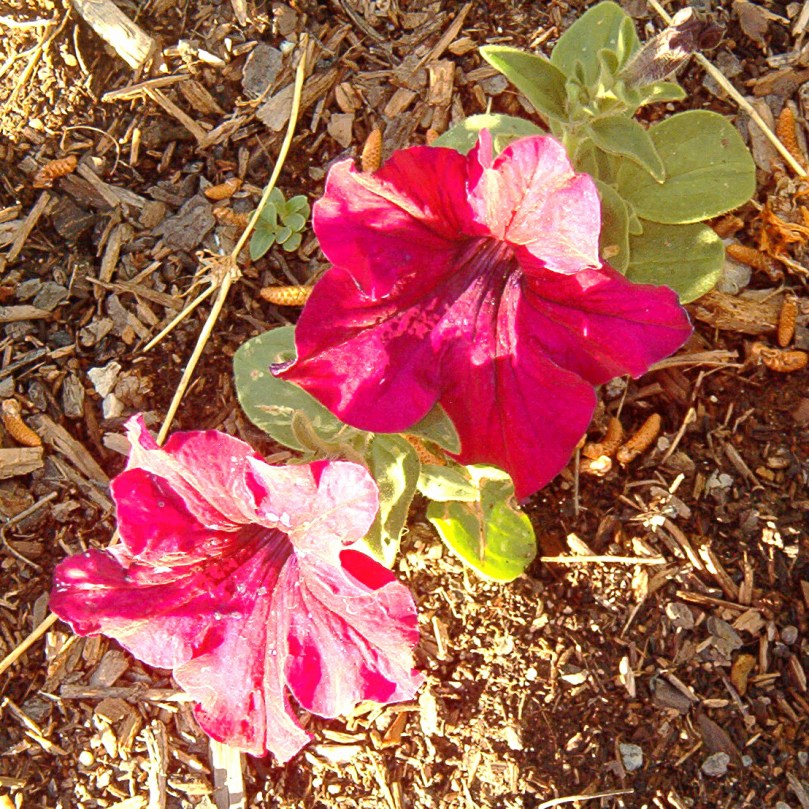
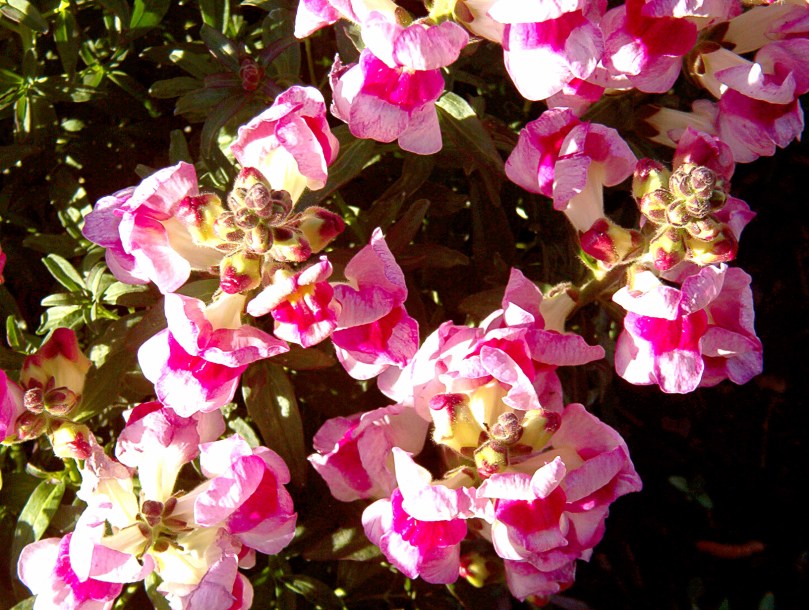
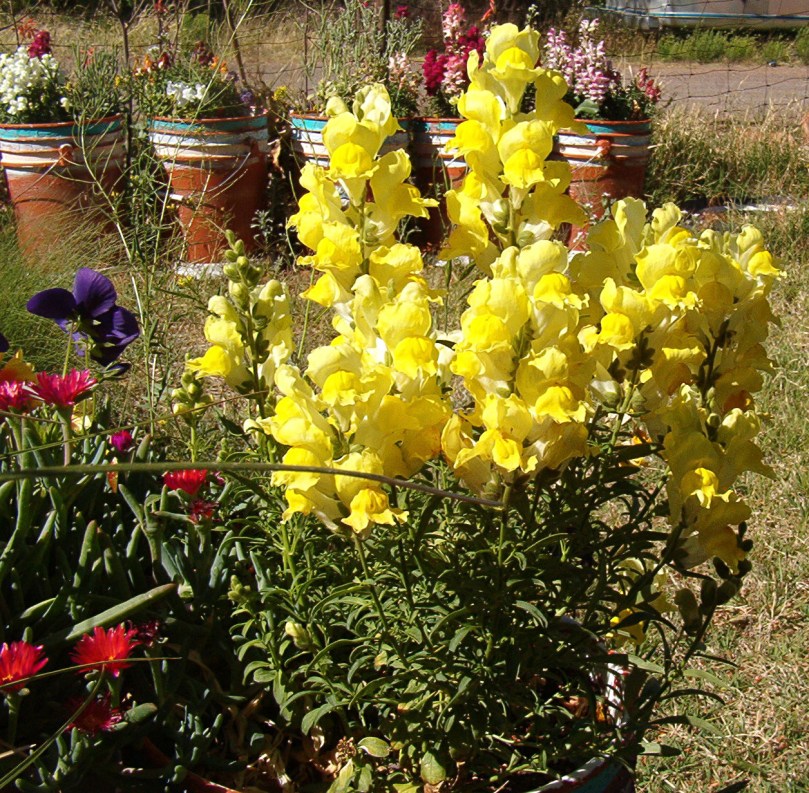
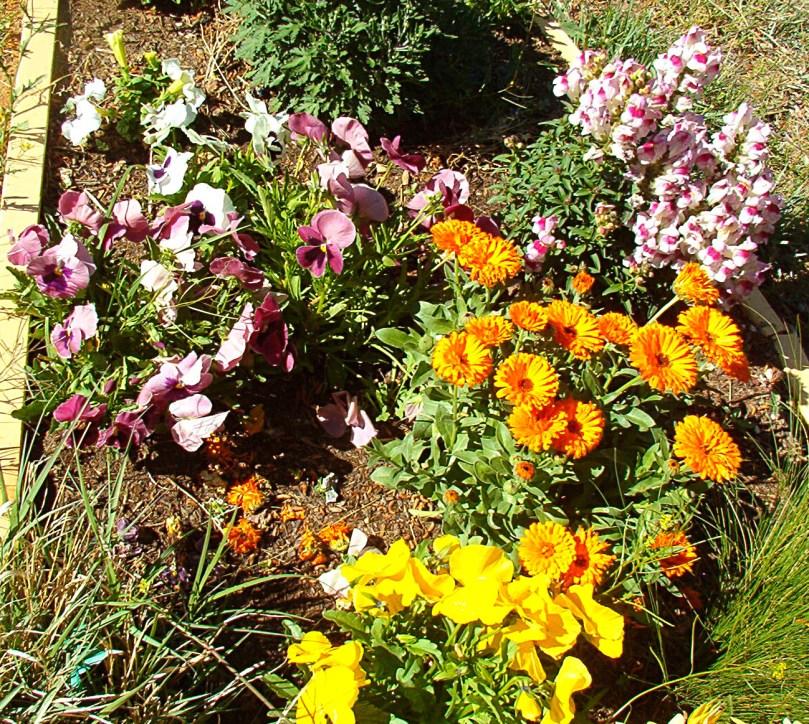
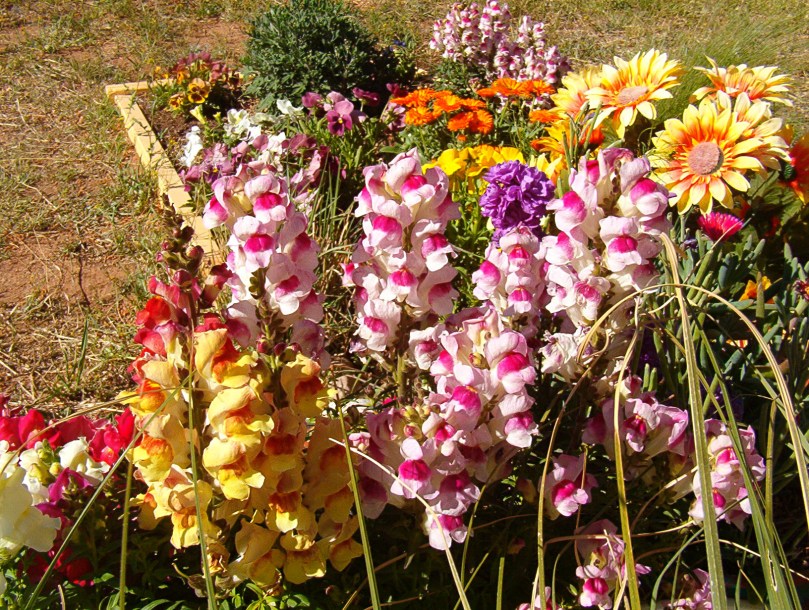
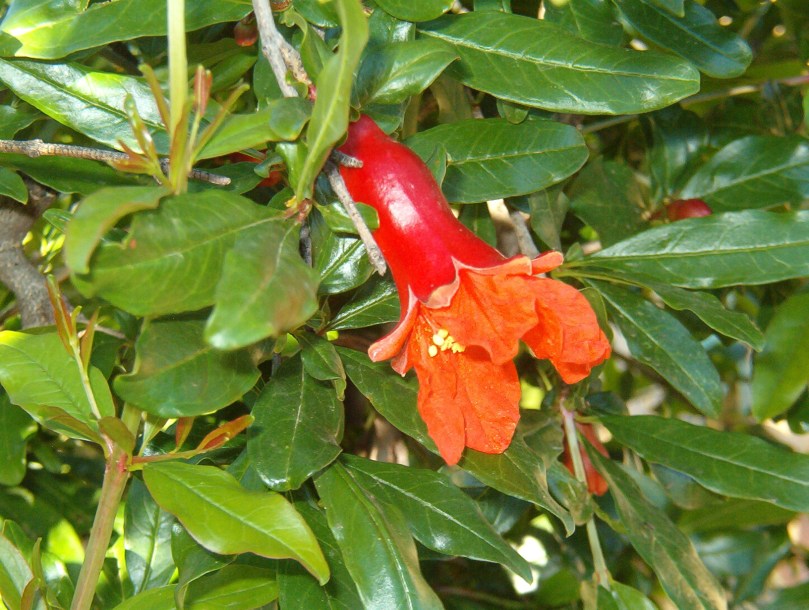
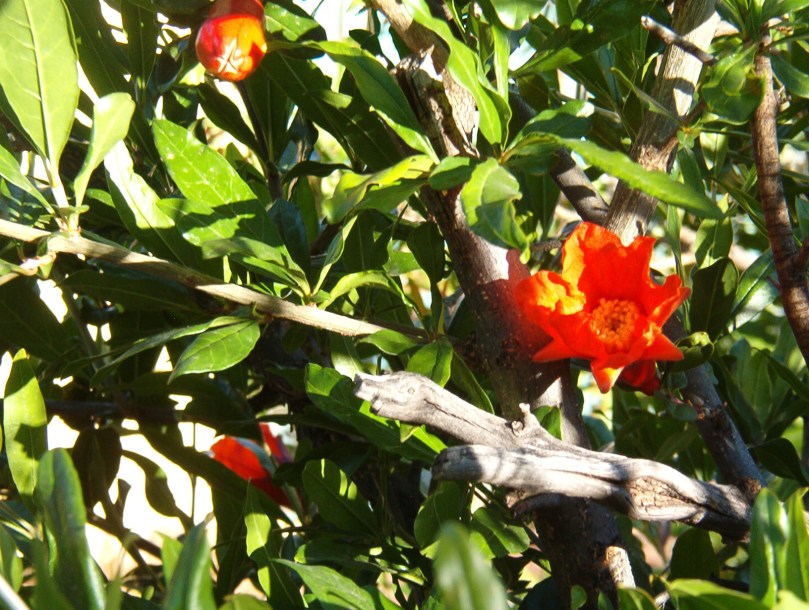
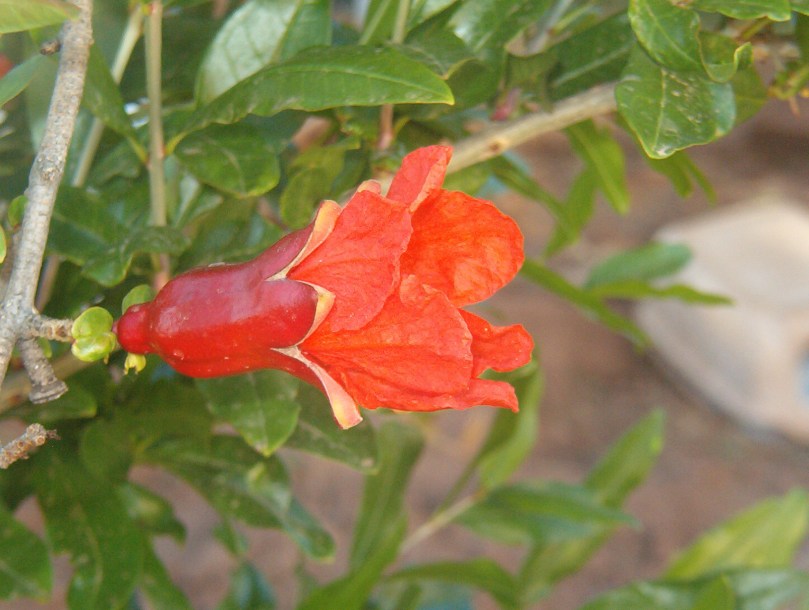
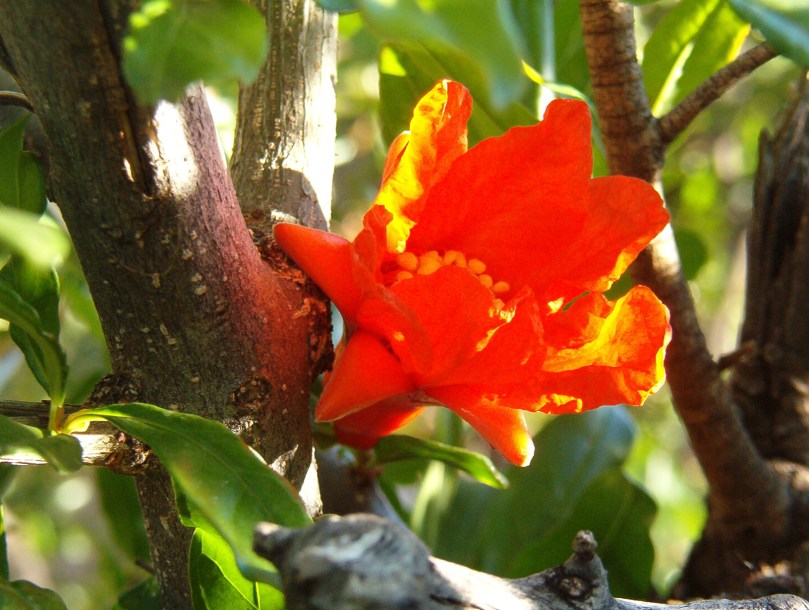
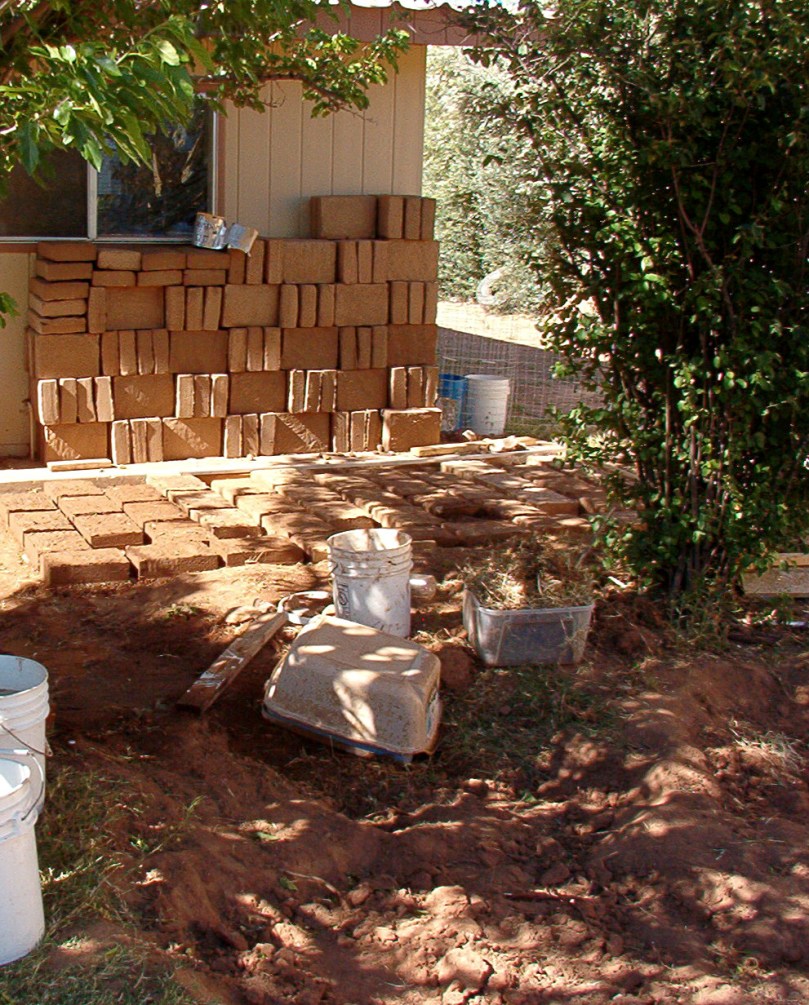

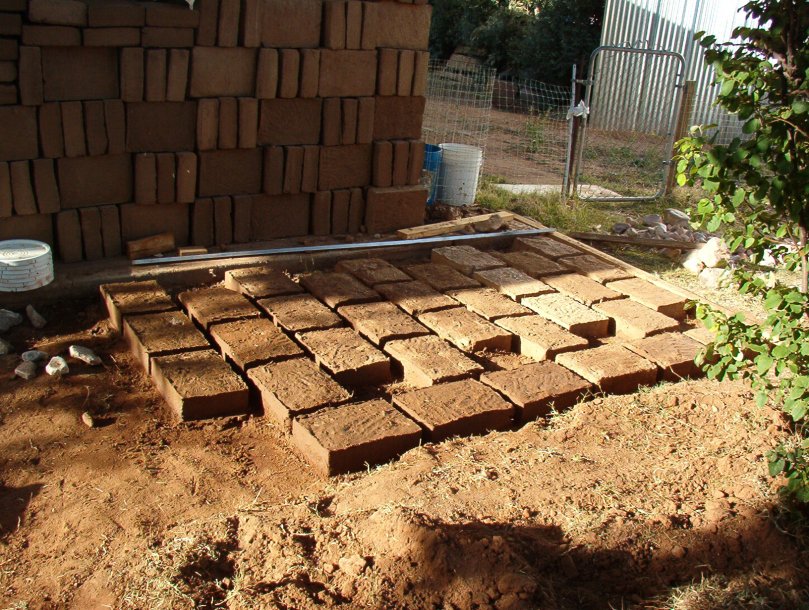

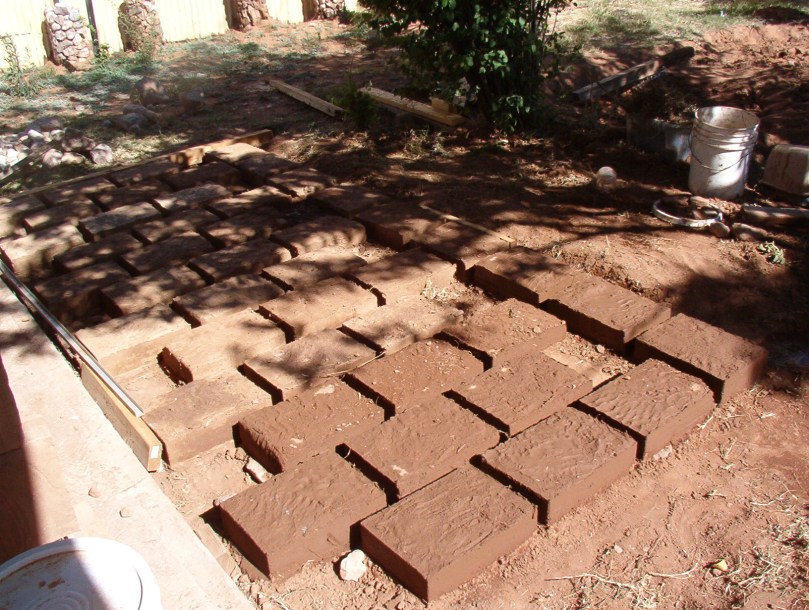
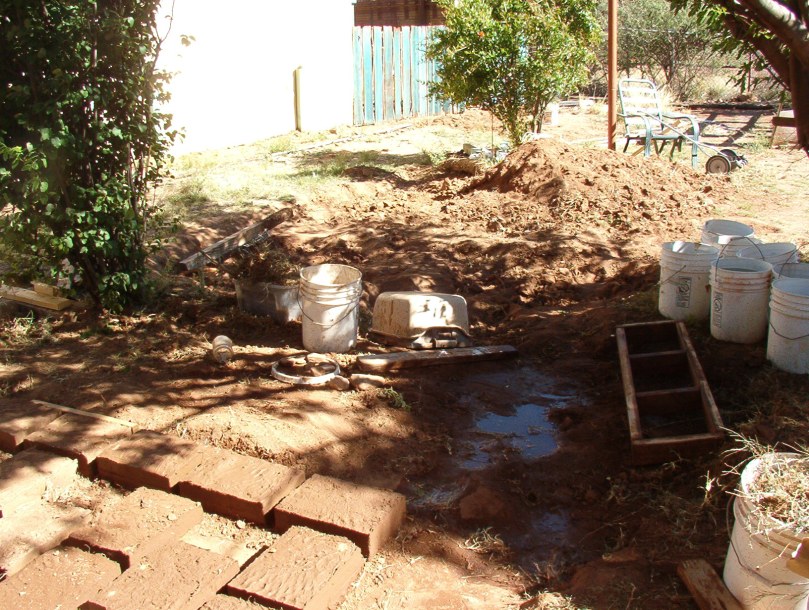
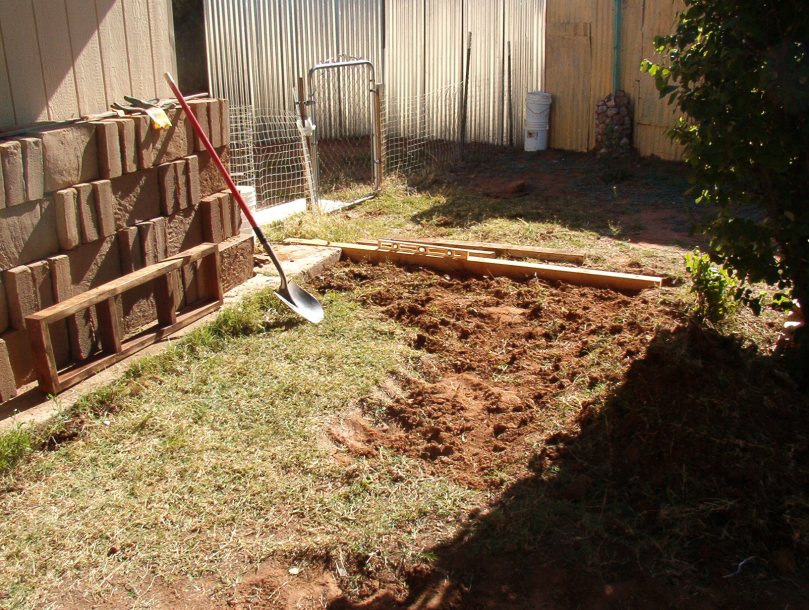
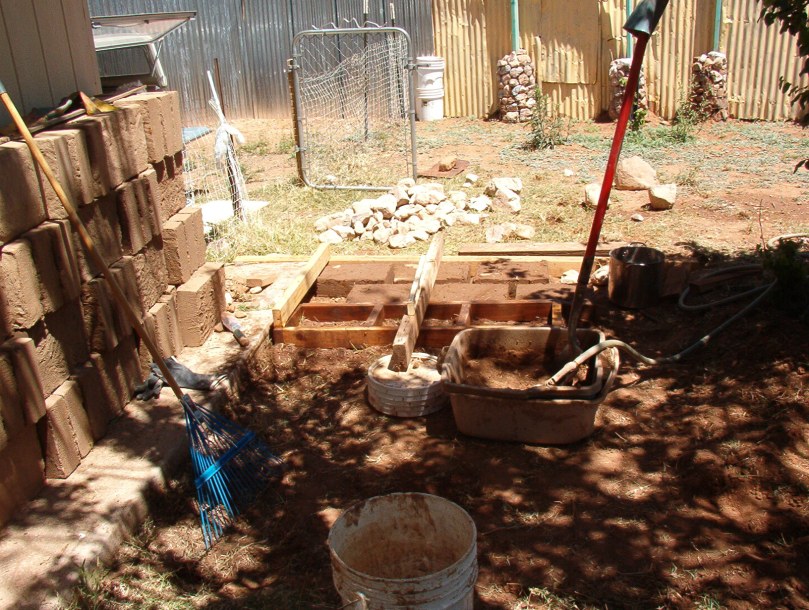

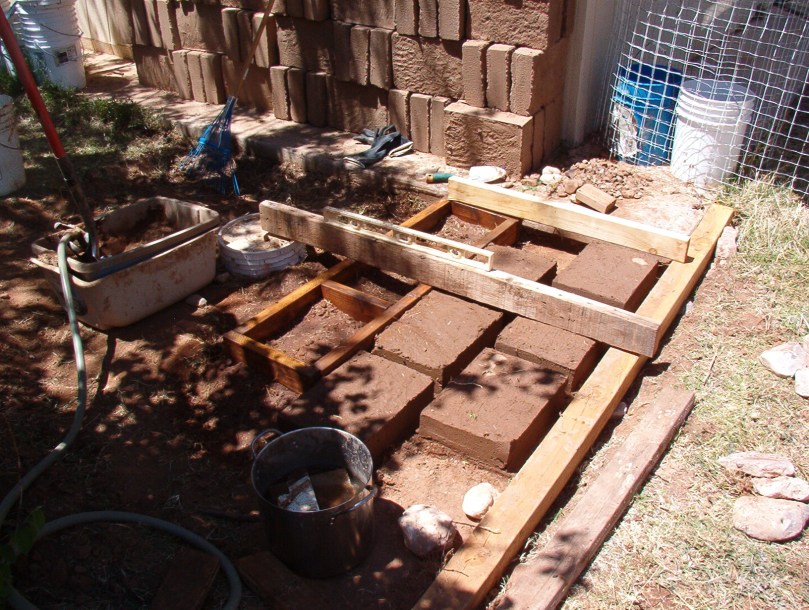
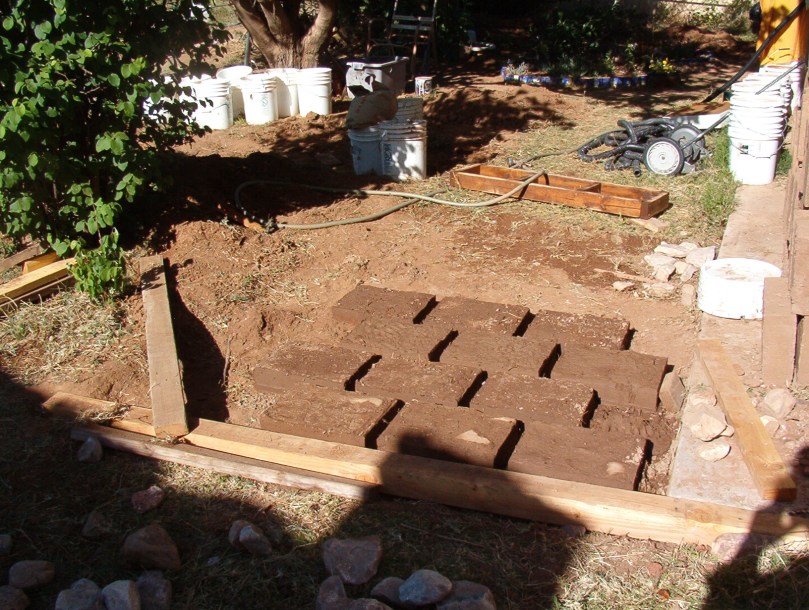
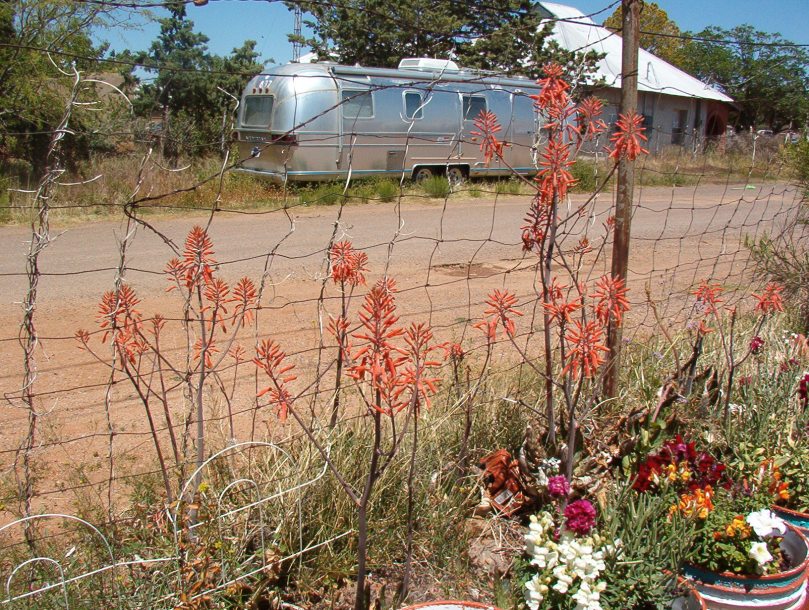
You must be logged in to post a comment.